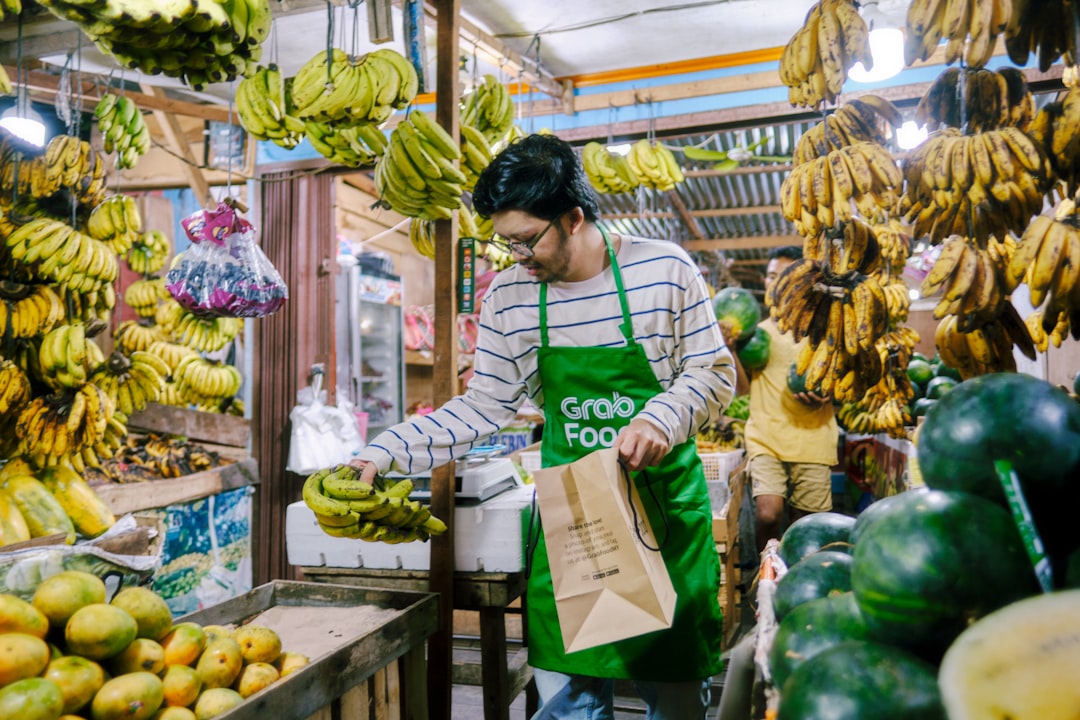Grocery shopping can be a daunting task, especially when you’re trying to stick to a budget. With so many tempting items and deals, it’s easy to overspend and end up with a cart full of items you don’t really need. But with a little planning and some smart shopping strategies, you can start grocery shopping on a budget without sacrificing the quality of your meals.
In this article, we’ll share 15 tips to help you start grocery shopping on a budget and save money on your weekly grocery bill.
Why Is Budget Grocery Shopping Important?
Grocery shopping on a budget is important for several reasons:
- It helps you save money and stay within your budget.
- It encourages you to plan your meals and avoid food waste.
- It allows you to make healthier choices by avoiding impulse purchases.
- It helps you prioritize your spending and save for other important expenses.
Plan Your Meals Ahead of Time
One of the best ways to save money on groceries is to plan your meals ahead of time. This way, you can create a shopping list based on the ingredients you need for your meals, rather than buying random items that may go to waste.
Start by planning your meals for the week and make a list of the ingredients you’ll need. This will not only save you money, but it will also save you time and stress during the week.
Make a List and Stick to It
Before heading to the grocery store, make a list of the items you need and stick to it. This will help you avoid impulse purchases and stay within your budget. It’s also a good idea to organize your list by categories, such as produce, dairy, and pantry items, to make your shopping trip more efficient.
Shop at Discount Grocery Stores
Consider shopping at discount grocery stores, such as Aldi or Lidl, to save money on your groceries. These stores offer lower prices on many items and often have weekly specials and deals. Just be sure to check the expiration dates on items and compare prices to ensure you’re getting the best deal.
Buy in Bulk
Buying in bulk can save you money in the long run, especially on non-perishable items. Consider purchasing items like rice, beans, and pasta in bulk to save money and have them on hand for future meals.
Use Coupons and Discount Codes
Take advantage of coupons and discount codes to save money on your groceries. You can find coupons in newspapers, online, and through store loyalty programs. Some stores also offer digital coupons that you can load onto your loyalty card for easy savings at checkout.
Shop Seasonally
Buying produce that is in season can save you money on your grocery bill. Seasonal produce is often cheaper and fresher, making it a budget-friendly option. You can also freeze or preserve seasonal produce to enjoy it throughout the year.
Avoid Pre-Packaged and Processed Foods
Pre-packaged and processed foods are often more expensive than fresh, whole foods. They also tend to be less healthy and contain more preservatives and additives. Stick to whole foods and prepare your meals from scratch to save money and make healthier choices.
Don’t Shop When You’re Hungry
Shopping while hungry can lead to impulse purchases and overspending. Make sure to eat a meal or snack before heading to the grocery store to avoid buying items you don’t need.
Compare Prices and Brands
Take the time to compare prices and brands to ensure you’re getting the best deal. Sometimes, store brands can be just as good as name brands, but at a lower cost. Don’t be afraid to try new brands and compare prices to save money on your groceries.
Buy Generic Brands
Generic or store brands are often cheaper than name brands and can save you money on your grocery bill. These brands are typically just as good as name brands, but at a lower cost. Give them a try and see if you can save money without sacrificing quality.
Shop the Perimeter of the Store
The perimeter of the grocery store is where you’ll find fresh produce, meat, dairy, and other whole foods. These items are often cheaper and healthier than the processed foods found in the center aisles. Stick to the perimeter of the store to save money and make healthier choices.
Don’t Be Afraid to Buy Frozen
Frozen fruits and vegetables are often cheaper than fresh produce and can be just as nutritious. They also have a longer shelf life, so you can stock up and have them on hand for future meals. Don’t be afraid to buy frozen to save money and have a variety of produce available.
Shop with Cash
Using cash instead of a credit or debit card can help you stick to your budget and avoid overspending. Set a budget for your groceries and only bring that amount in cash to the store. This will help you avoid impulse purchases and stay within your budget.
Don’t Buy More Than You Need
Avoid buying more than you need, especially when it comes to perishable items. This will help you avoid food waste and save money in the long run. Stick to your meal plan and only buy the amount of food you need for the week.
Shop Alone
Shopping with friends or family can be fun, but it can also lead to overspending. When grocery shopping on a budget, it’s best to shop alone so you can stick to your list and budget without any distractions.
Conclusion
Grocery shopping on a budget doesn’t have to be a daunting task. With these 15 tips, you can start saving money on your groceries and make healthier choices for you and your family. Remember to plan your meals, make a list, and stick to it, and take advantage of coupons and discounts to save money on your weekly grocery bill. Happy shopping!
For more information, visit ApzoMedia






































































